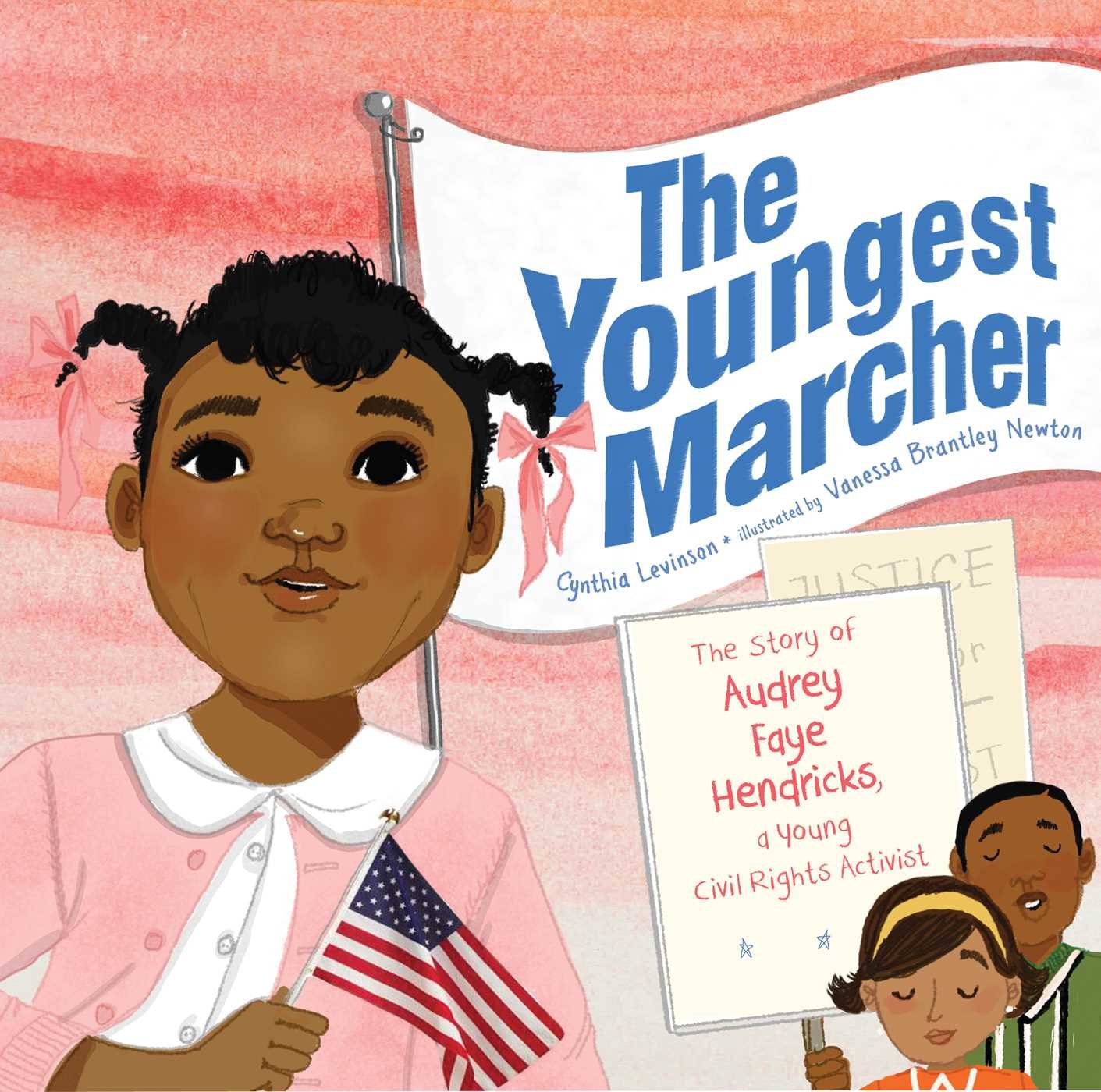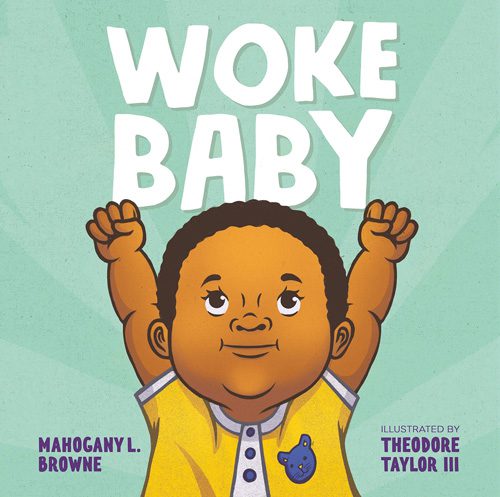
At Education Pioneers, diversity, equity, and inclusion (DEI) is one of our core values and a core part of our work both internally and externally.
DEI is the work we do, the experiences we have, the organization we want to build, and the world we want to live in. It isn’t just our core mission—DEI is personal, challenging, and institutional.
One important action we can take to live our DEI core value is intentionally build a fuller understanding of our national history, and especially black history which is too often overlooked, marginalized, or relegated to only being discussed in February. All of us committed to the work of increasing educational excellence and equity need to better understand the history and context of the systems in which we operate, grapple with our place in this work, and confront how we can all work towards a more just society.
In honor of Black History Month, EP staffers across the country are sharing stories (for all ages!) that are inspiring, challenging, changing, and informing them.
(To note, what we’re sharing here is a snapshot of what our staff are reading today, and obviously only a tiny fraction of the rich stories and history of African American and black Americans.)
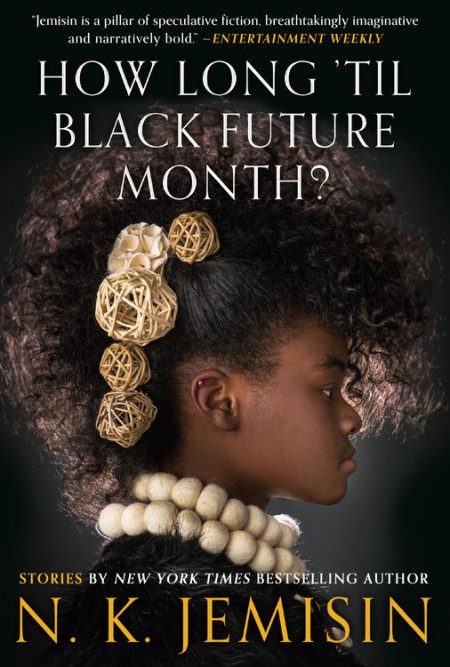 |
PRI MELO: I’m currently reading How Long ’til Black Future Month? by N.K. Jemisin – a collection of short stories by the most critically acclaimed author of modern science fiction and fantasy. These stories are especially important considering that a lot of science fiction historically excluded characters of color, as if we had no place in the (mostly white and male) writers’ dreams of the future. Here is Jemisin’s 2018 Hugo Award Best Novel acceptance speech – I found it to be so inspiring. |
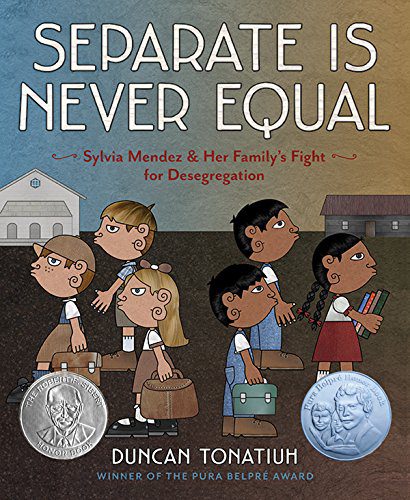
|
MELISSA WU: At my house, we have been working through a set of children’s books that Santa brought my kids. Separate is Never Equal and The Youngest Marcher are both new ones that have become fast favorites. (My 5 year-old has loved the information rich texts — and has made me proud as she has cited evidence from the text as we’ve discussed the content together!)
Navigating our civil rights history with my preschoolers is new ground and can be challenging. My kids are engaging in the content of all their stories in new ways, which is exciting but also means navigating lots of questions. Those questions are especially challenging when connected to racism and oppression. But as uncomfortable as it can be for me, I tap into my belief that to do the collective work to dismantle systemic and structural racism we need my kids’ generation to see race and racism, understand our complicated history, and bring a desire – and eventually some tools – to address the inequity that our structures and systems perpetuate. |
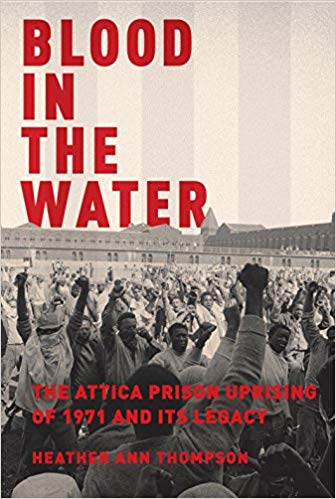 |
ELLIOT LUSCOMBE: I just finished reading Blood in the Water: The Attica Prison Uprising of 1971 and Its Legacy. It challenged me to think about a number of things but primarily I find myself coming back to fundamental questions about the violence committed by the state against people of color, especially Blacks and Latinos. It has me reflecting on the issues of racism at all levels – individual, structural, and institutional. Further – it’s making me think about the intersection of those levels. Beyond that, it has provided a different lens into the upstate NY town I grew up in, Plattsburgh, which has a lot of close parallels to Attica (and, in fact, a there were a few references in the book to Clinton County, where Plattsburgh is located). |
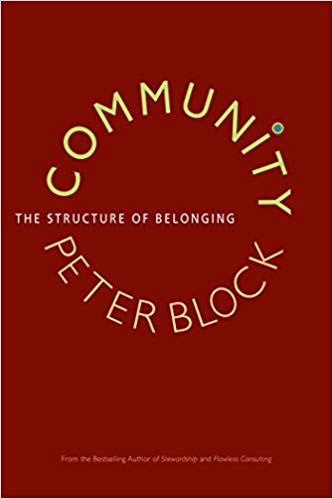 |
GIANNA BRUNO: At the moment, I’m reading the book Community by Peter Block (thanks to Tracy Session for the recommendation), and it’s ripe with lessons about inclusivity and valuing difference, among other things.
I also appreciated this thread from filmaker Ava DuVernay’s Twitter account, where she posted a two-minute video from 1967 of the Rev. Dr. Martin Luther King Jr. as he answered an interviewer’s question about the suffering of black Americans relative to other racial and ethnic groups in the U.S. According to Times briefings editor, Andrea Kannapell: “King’s answer is a master class.” Agreed! Just a few minutes to watch, but fodder for endless reflection and unpacking.
|
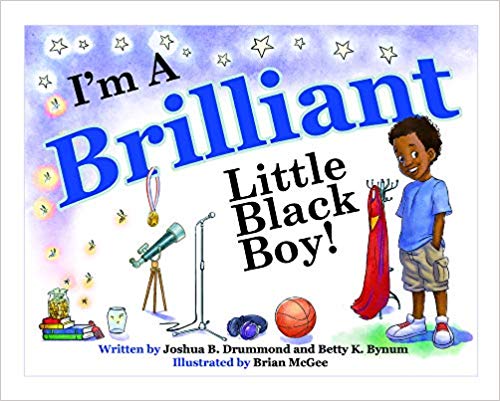
|
GERALD FANION, III: My wife and I love reading to our seven-month-old baby! Although the selection of books in his library includes notable titles like, Oh, the Place You’ll Go by Dr. Seuss, we’ve been intentional about making sure he is exposed to titles that are written by black authors or include black characters. Every morning before starting the day, either my wife or I will read our son a story. We’ve also created his very own Instagram page to track the books he is reading. Here are some of our favorite titles: I’m a Brilliant Little Black Boy, by Joshua B. Drummond and Betty K. Bynum |
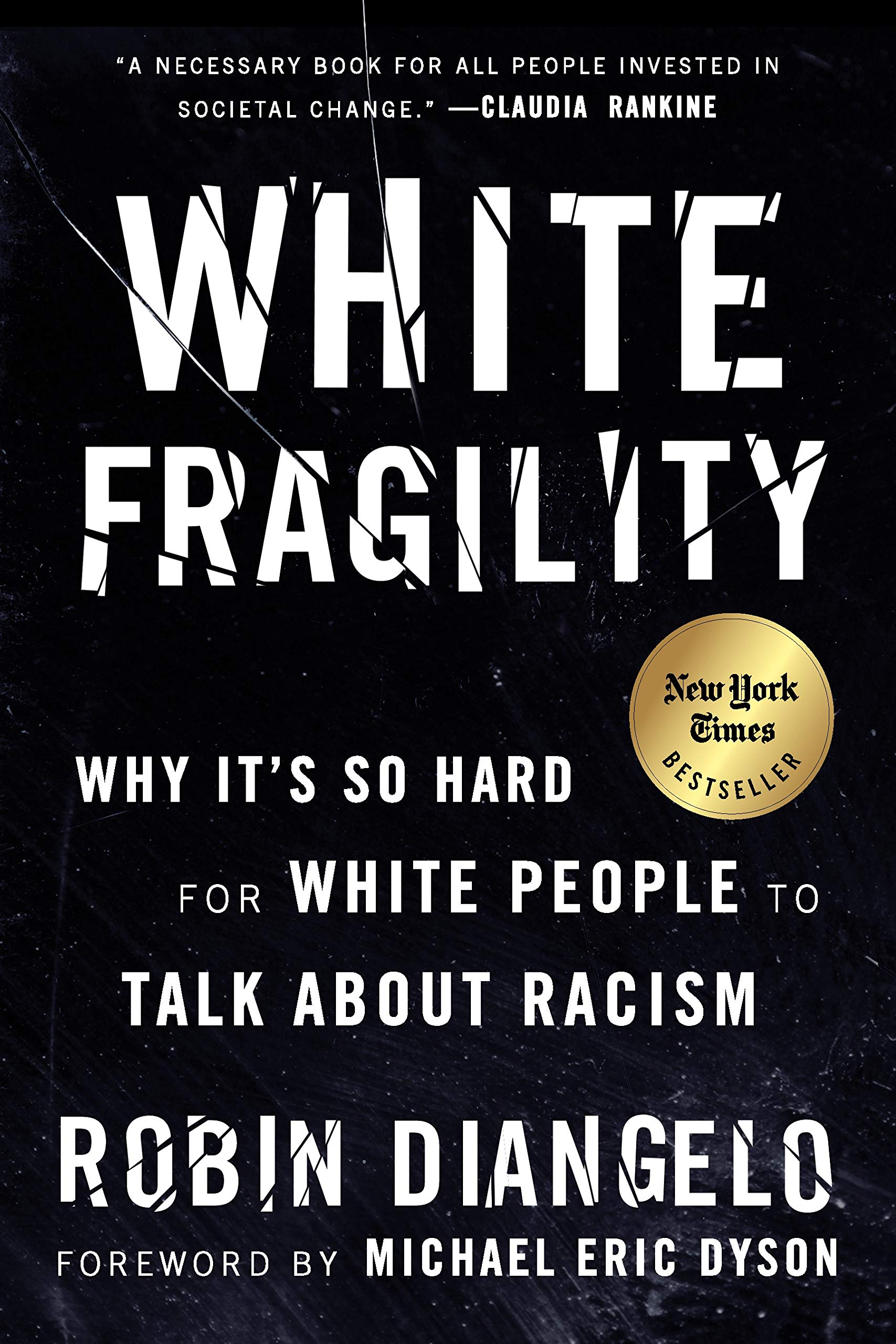 |
SARA GUDERYAHN: I just started “White Fragility: Why It’s So Hard for White People to Talk about Racism” by Robin DiAngelo and I’m joining a lunch conversation on this book next week! This book resonates with me as I continue to challenge and confront my own white privilege and explore the ways in which I can be an effective ally.
|
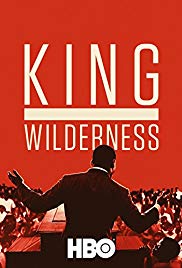 |
ERIC ORTLIP: My wife and I have been trying to get more intentional lately about watching documentaries in general and recently watched King in the Wilderness and 13th. King in the Wilderness was just incredibly sad and I feel like I need to watch it again to process things a little more. 13th I had much more visceral, almost angry reactions to. It was a stark and often times educational reminder of the purposeful and blatantly racist policies and practices in 20th century America. I think in particular as a white male, I had not made the connection or been fully aware of that intentionality as it specifically relates to mass incarceration and that was definitely hard to grapple with and felt like a blind spot in many ways. Next on our list to watch is Freedom Riders. And my wife is currently reading Eloquent Rage – A Black Feminist Discovers Her Superpower by Brittney Cooper. |
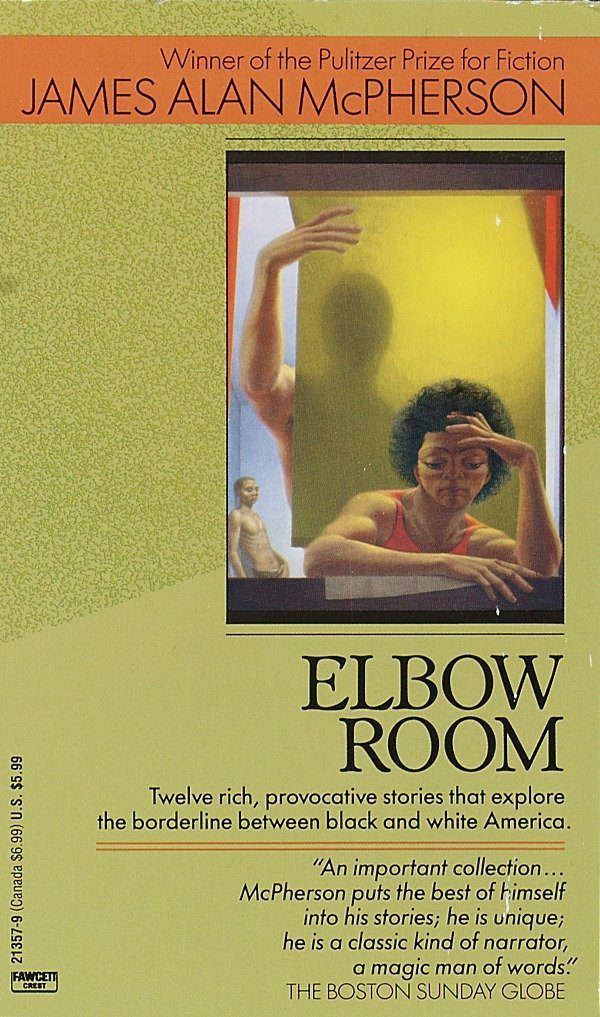 |
ANNIE DAVIS-KORELC: I just added James Alan McPherson’s book, Elbow Room, to my book list. He was the first African American to win the Pulitzer Prize. I’m a lover of classic novels; it’s the main reason why I decided to become a teacher. Over the last few years, I’ve tried to intentionally and meaningfully diversify the authors that I read. It struck me in this journey, that I have read a lot of award winning books, but some have been more privileged than others. This book was recognized as a Pulitzer Prize winner, the first by an African-American, and I’d never heard of it until recently. After I discovered the book, I read his obituary, and in it the review of the book was highlighted and the themes seem to still resonate today. I’m interested to dig into what has changed, and I’m more curious as to discover what hasn’t changed since it was published in 1977. |
Just as diverse perspectives, insights, and backgrounds strengthen our communities and workplaces, knowing the complete history of our country matters for all of us. And this isn’t always what we learned in our own early educational experiences.
What are you and your organization doing to celebrate Black History Month and to keep the conversation going year-round? Please share in the comments.

